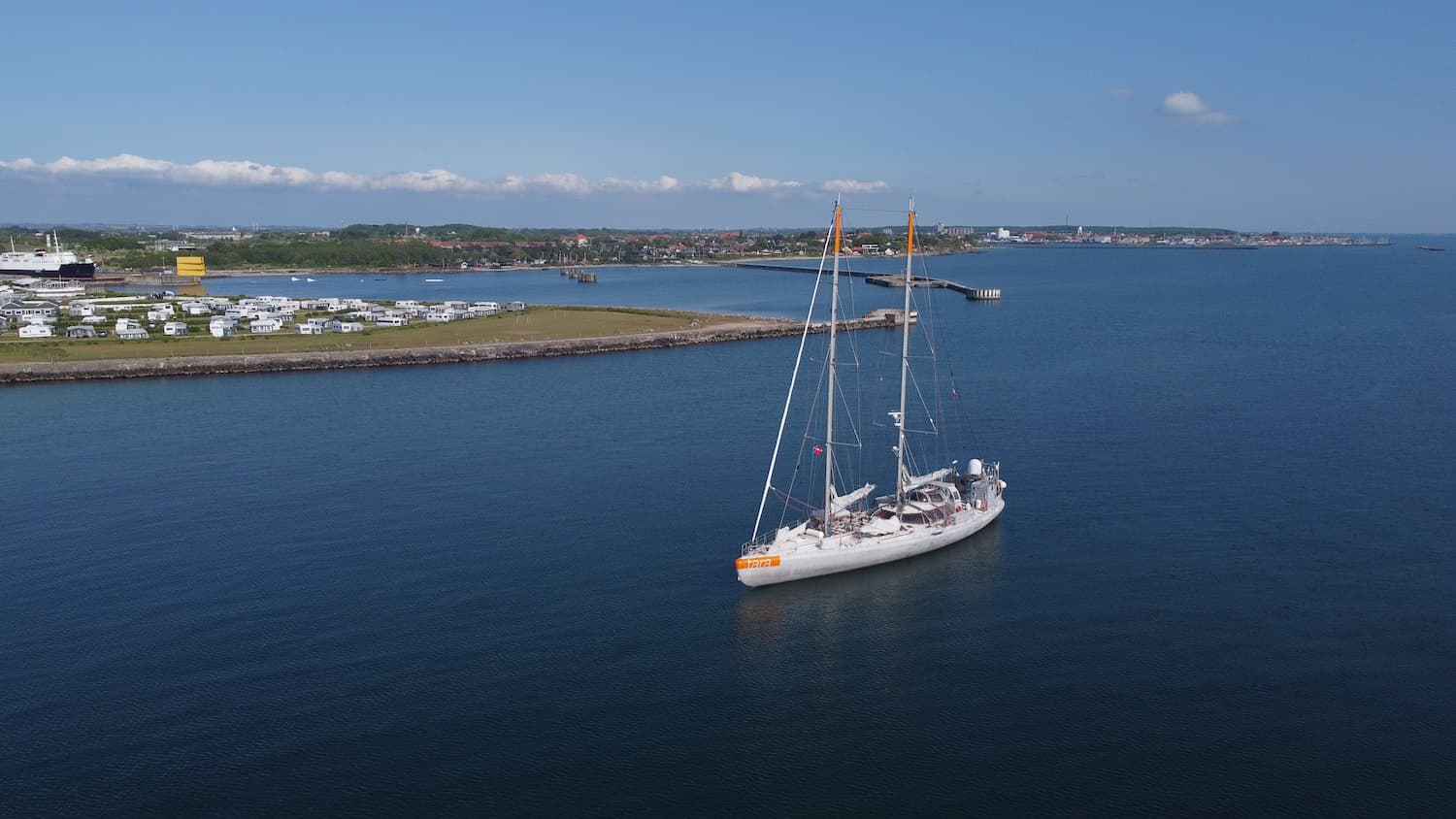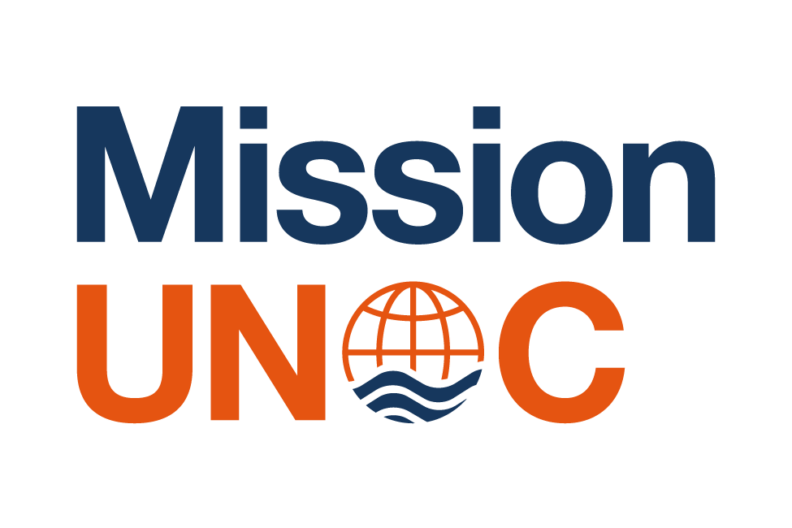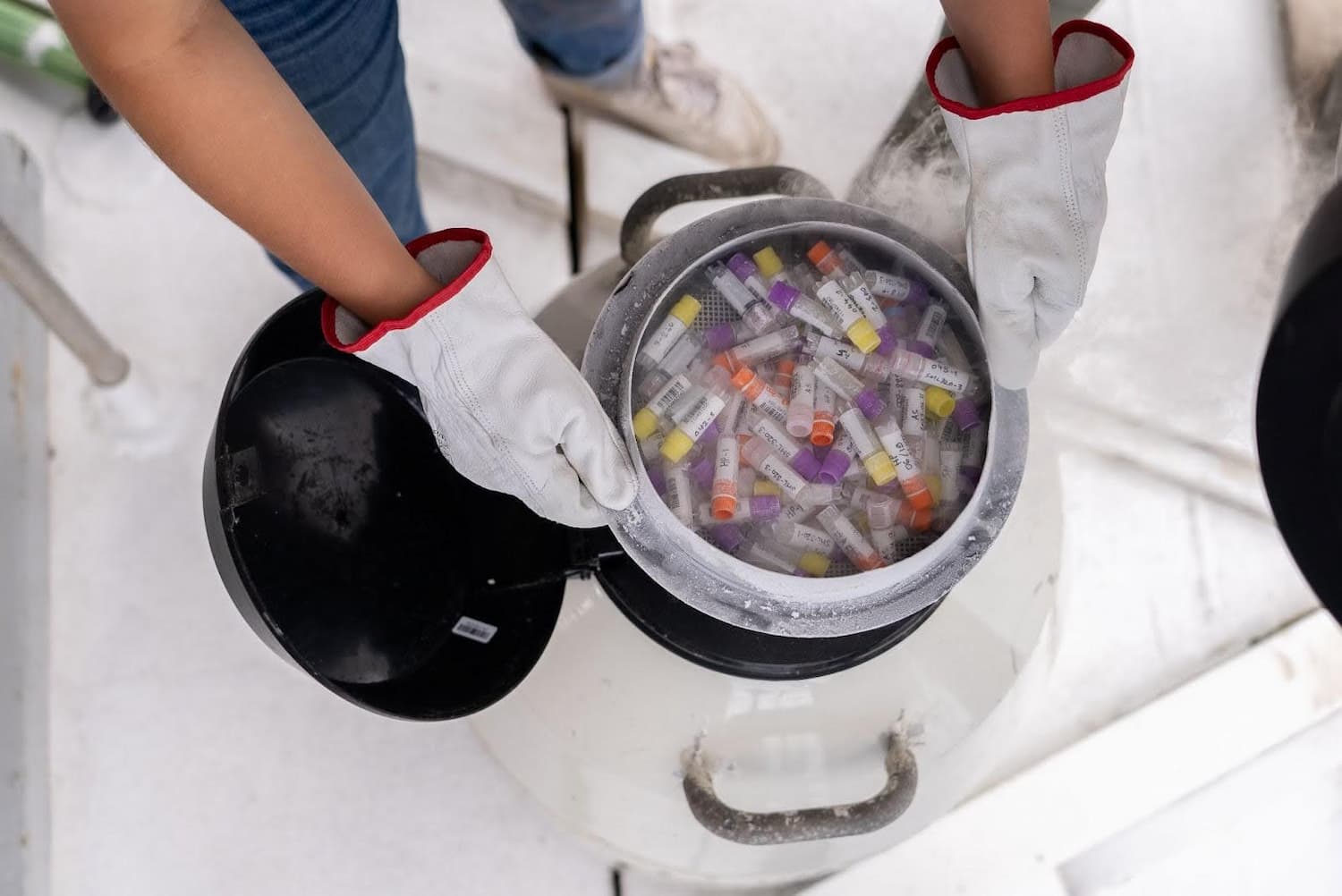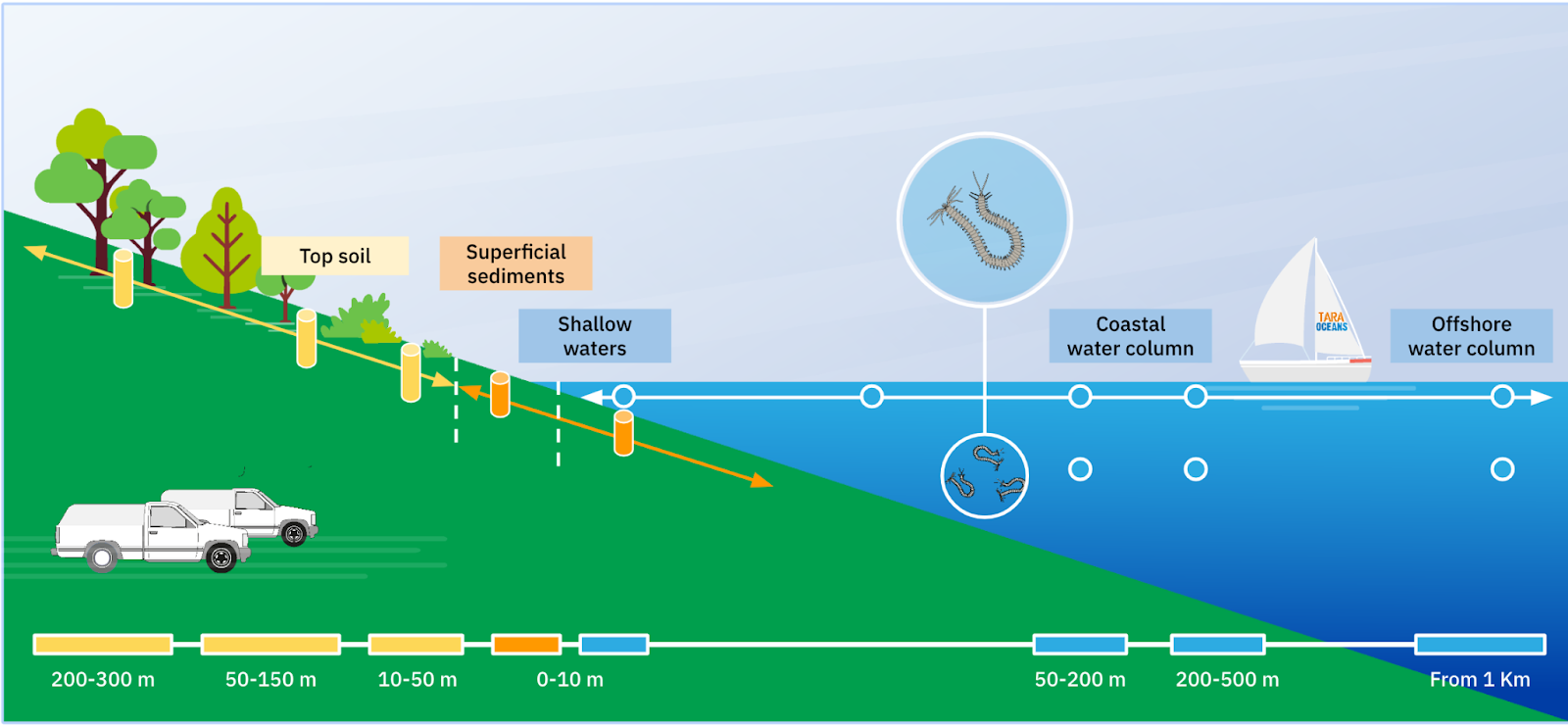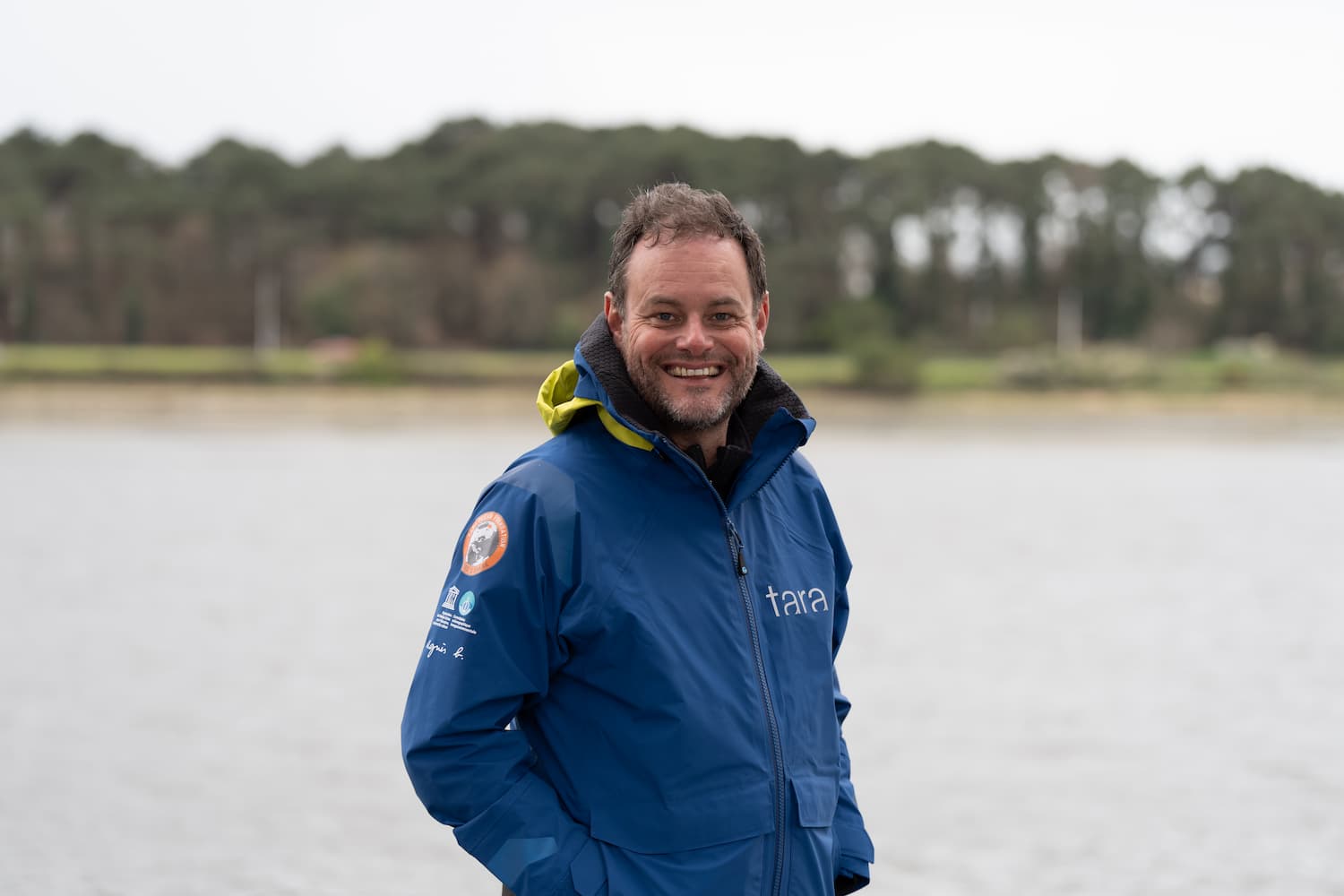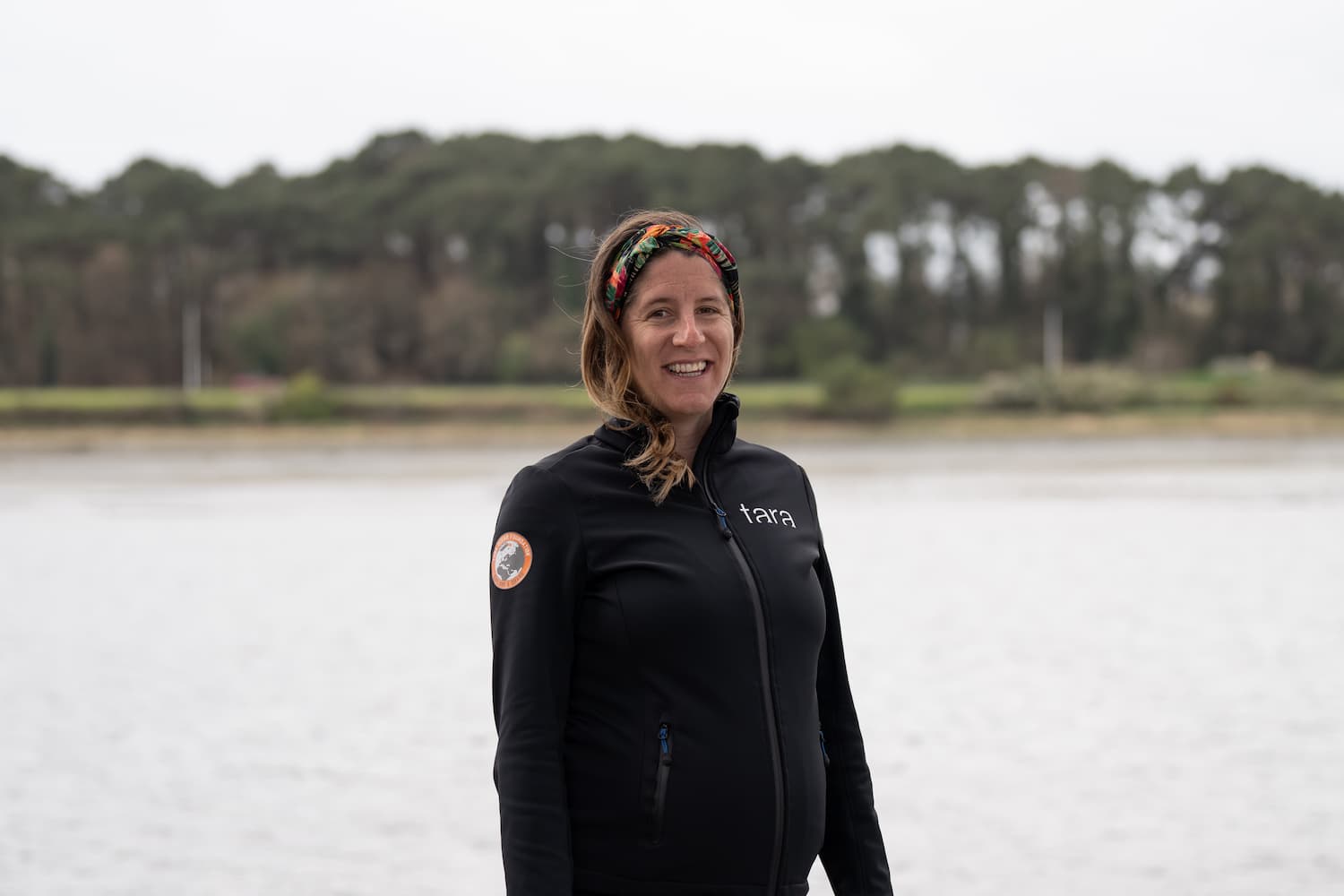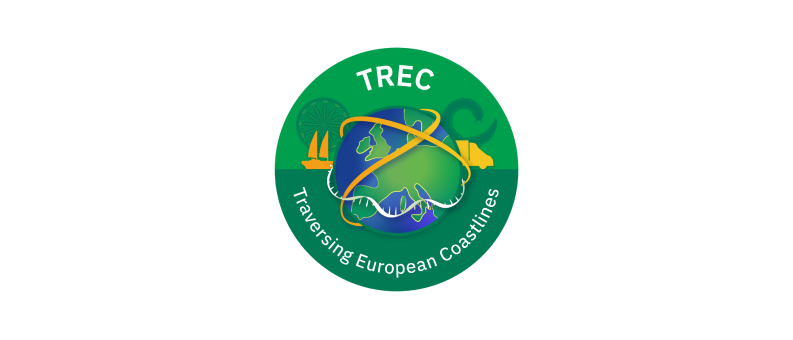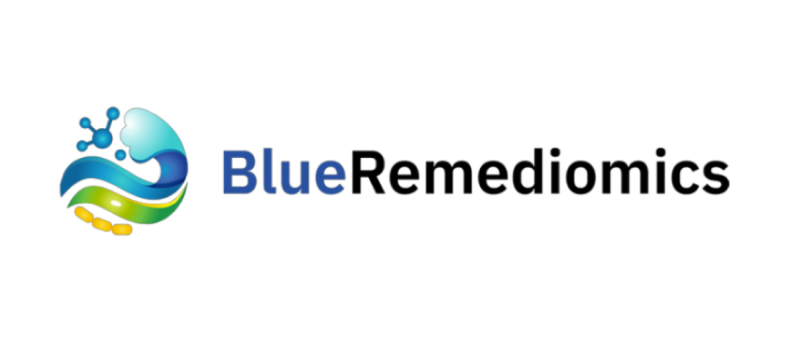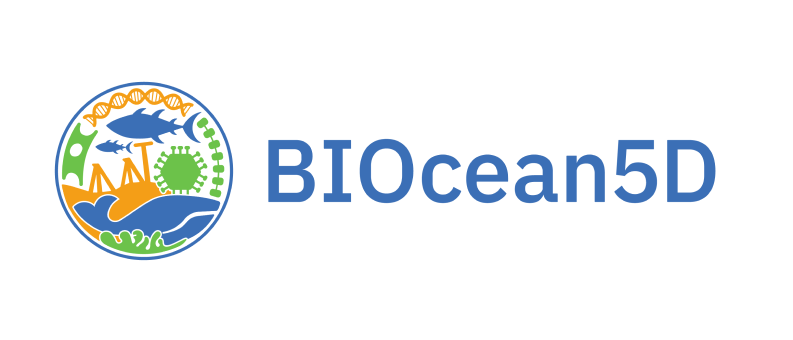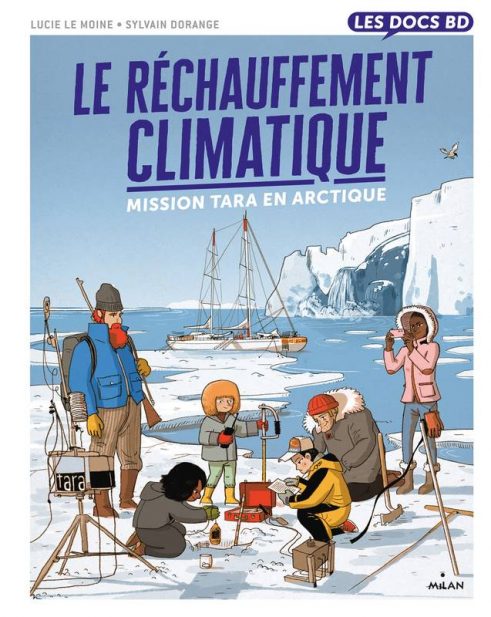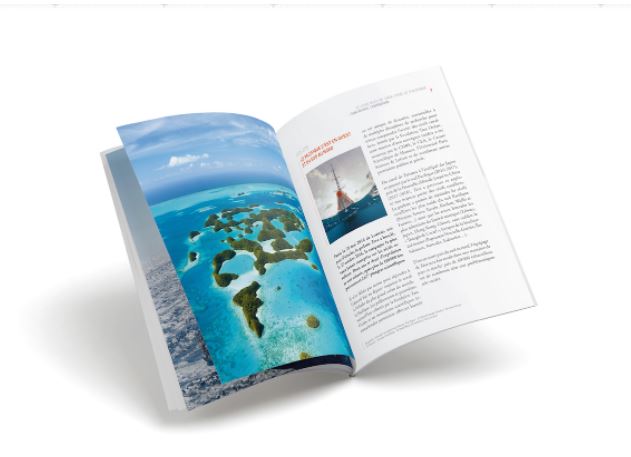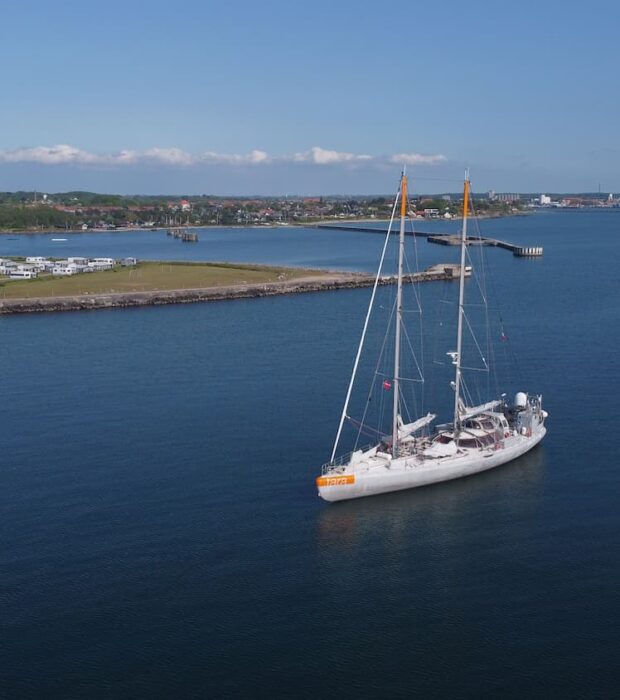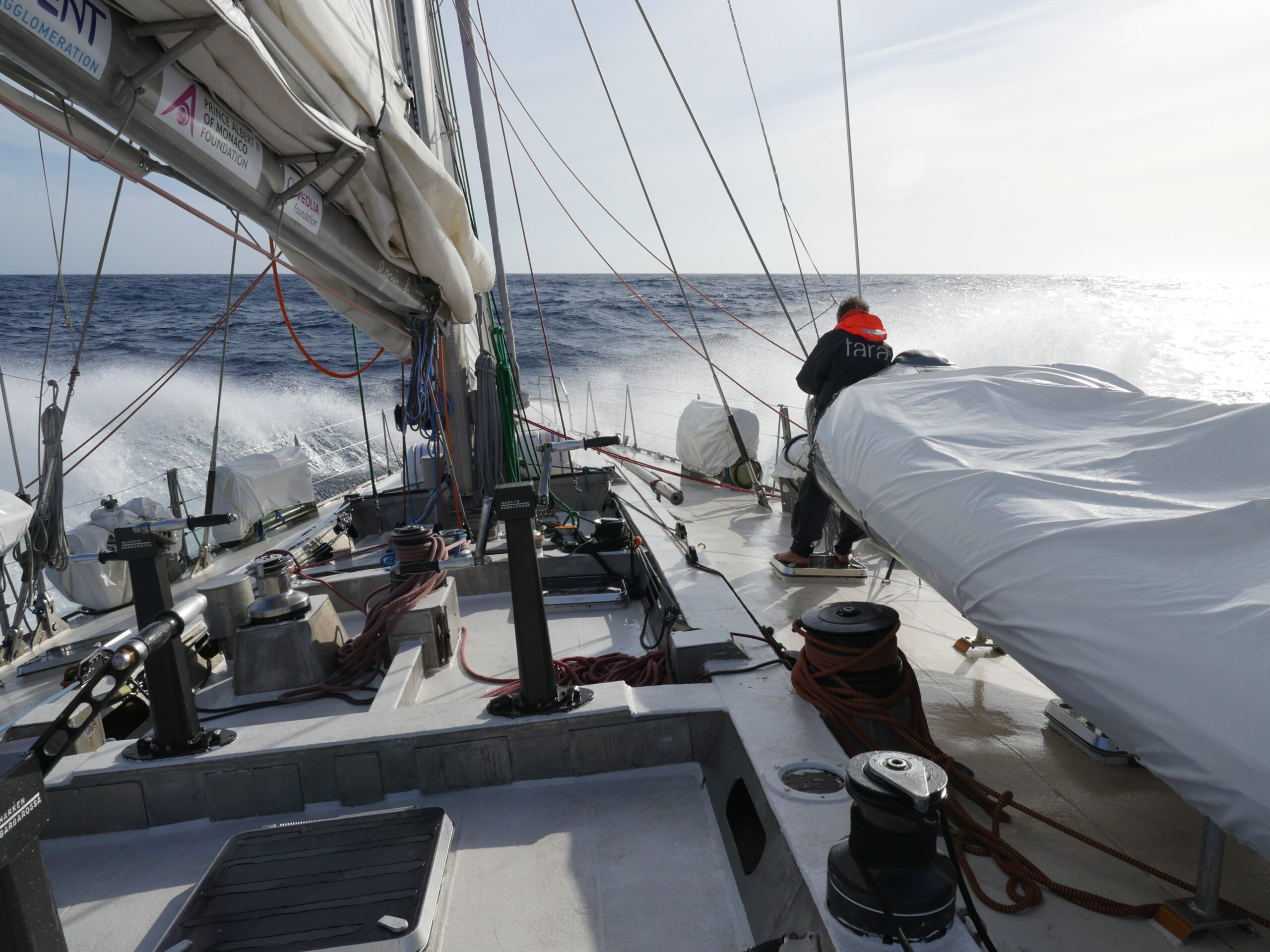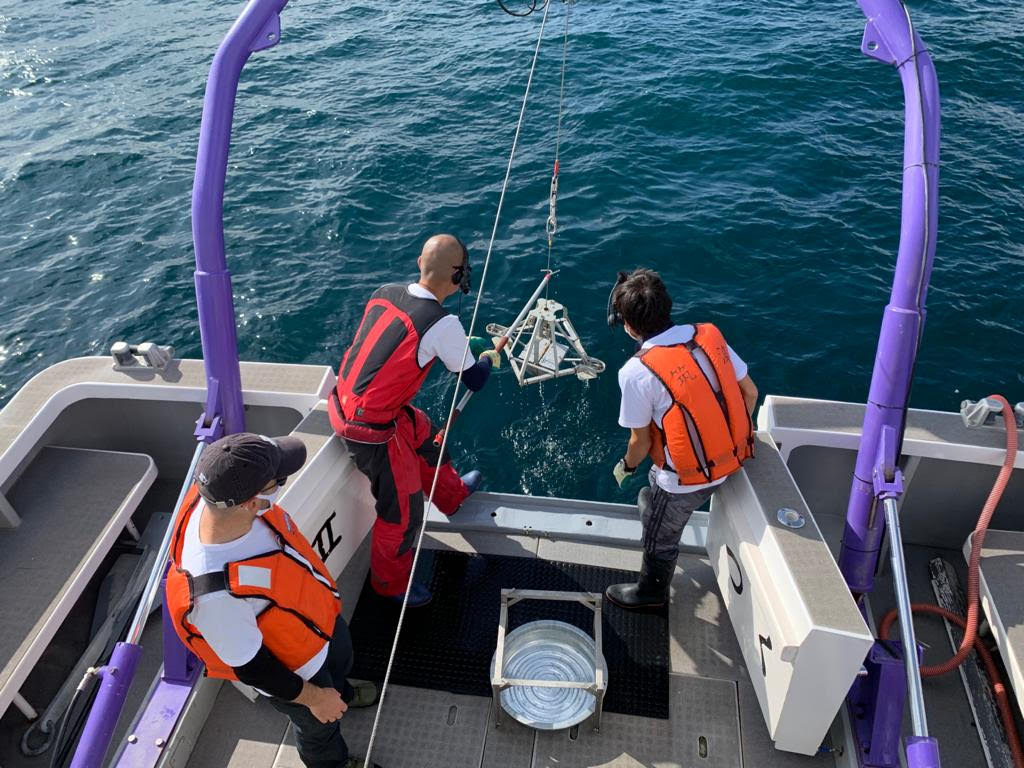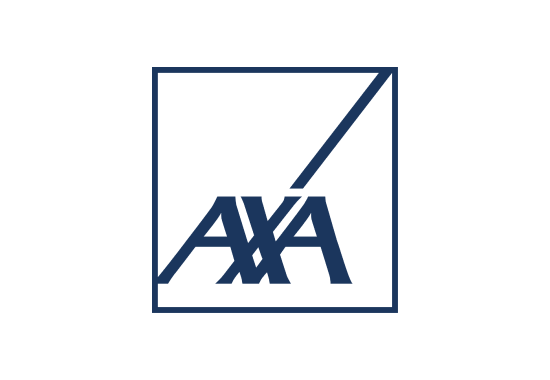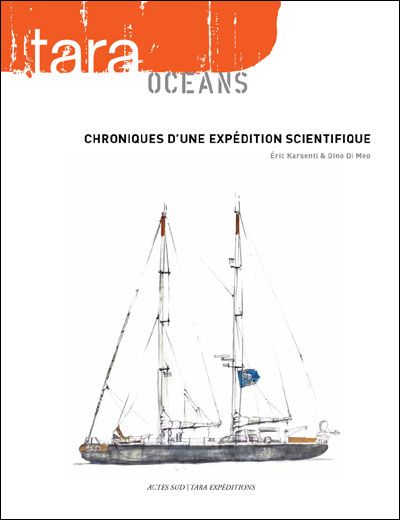
Tara Europa
Understanding the impact of human activities on the biodiversity of European coastal ecosystems!
Discovering coastal ecosystems
Better understand the impact of pollutants on marine biodiversity.
Predict the impact of local and global climate change on the microbiome.
Inventory and map the micro-organisms present, define the interactions and the role of each species.
Discover new interactions and new species.
For two consecutive years, the schooner Tara is participating in the study of coastal ecosystems all along the European coast. The sampling of Tara Europa is part of the TREC expedition – Traversing
European Coastlines, conceived by EMBL in collaboration with the Tara OceanS consortium, the Tara Ocean Foundation and more than 70 scientific institutions. During this expedition, a parallel study of biodiversity on land, with EMBL’s mobile laboratories, and at sea, with the schooner Tara, is carried out.
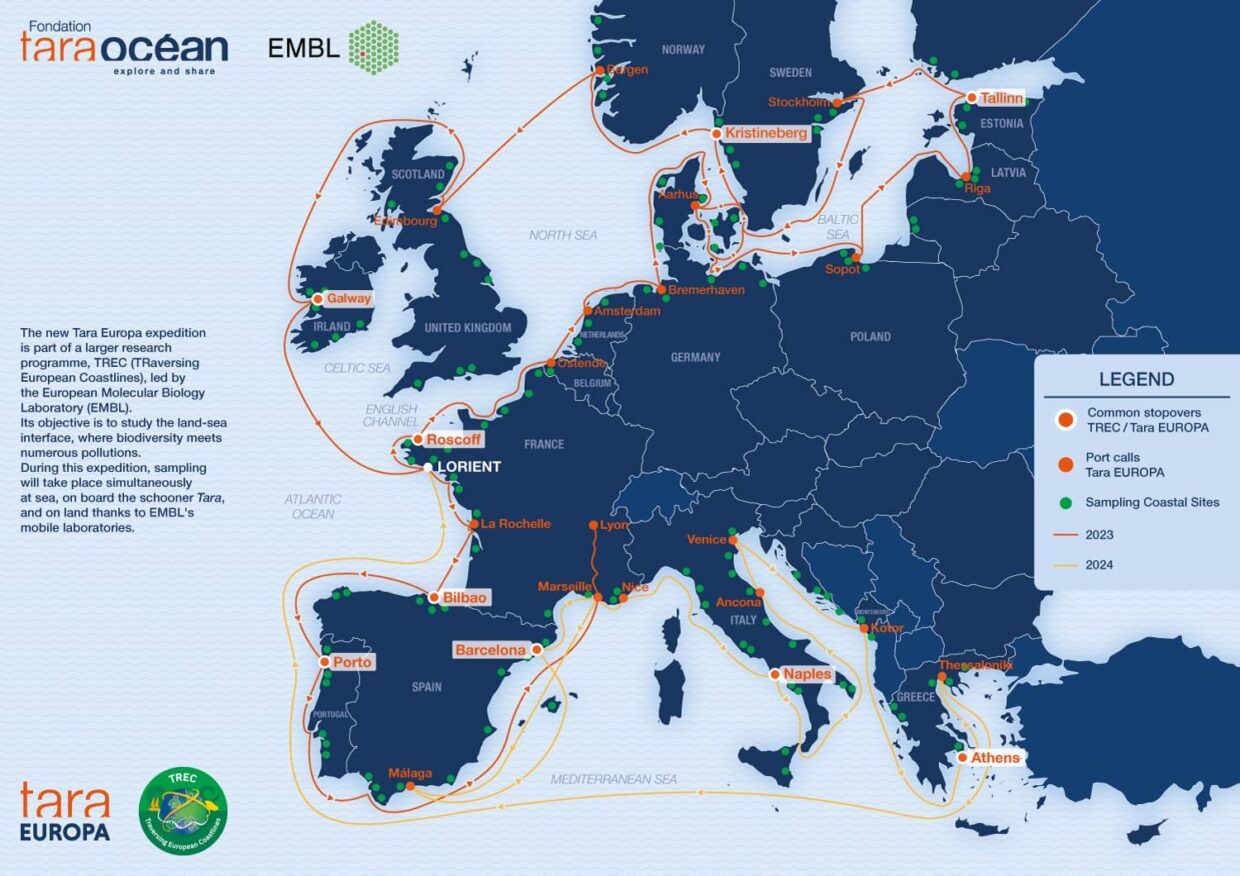
In brief
An expedition to the land-sea interface
Europe’s coastlines are environments rich in biodiversity, industry, culture and heritage. 40% of Europe’s population lives in a coastal region. Our seas and coasts are home to an extremely rich diversity of life and play an essential role in the stability and sustainability of wider ecosystems.
An unprecedented study on chemical pollutants
Pollutants enter the environment through our consumption, particularly from industry, agriculture, homes and hospitals. The expedition’s researchers are looking at three categories of pollutants to understand the pollution gradients at the land-sea interface:
Pharmaceuticals
More than 4000 different pharmaceuticals have been detected in water resources. Degraded products are not taken into account in the studies of regulatory agencies. However, these products, even when degraded to by-products, can have an impact on ecosystems. For example, antibiotics pass through all sewage systems and trigger worrying pockets of antibiotic resistance in nature.
Pesticides
More than 1000 pesticides are being studied in the laboratory by EMBL in order to understand how pollutants are metabolised by bacteria and what their by-products are. Thanks to the field study conducted by TREC and Tara EUROPA, scientists will be able to validate their hypotheses and models.
Plastic additives
During Tara EUROPA, two main families of plastifiers will be studied by scientists who will seek to isolate the bacteria capable of degrading these molecules. Seven laboratories will work together for the chemical profiling of these additives.
The accumulation of pharmaceuticals, pesticides and plastics in the environment is creating a growing threat to ecosystem and human health. Everything humans put into the environment comes back to them through the air they breathe, the water they drink and the food they eat: the urgency is to understand the extent and impact on their health.
Immerse in the expedition
News
The Tara Ocean Foundation news

Science and Advocacy at the Tara Ocean Foundation: A Synergy in Service of the Ocean
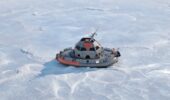
Tara Polar Station: the challenges of science aboard a laboratory drifting in the Arctic

‘Osaka Kaiju’ at EXPO 2025: a hymn to the Ocean by artist Jean Jullien and the Tara Ocean Foundation
